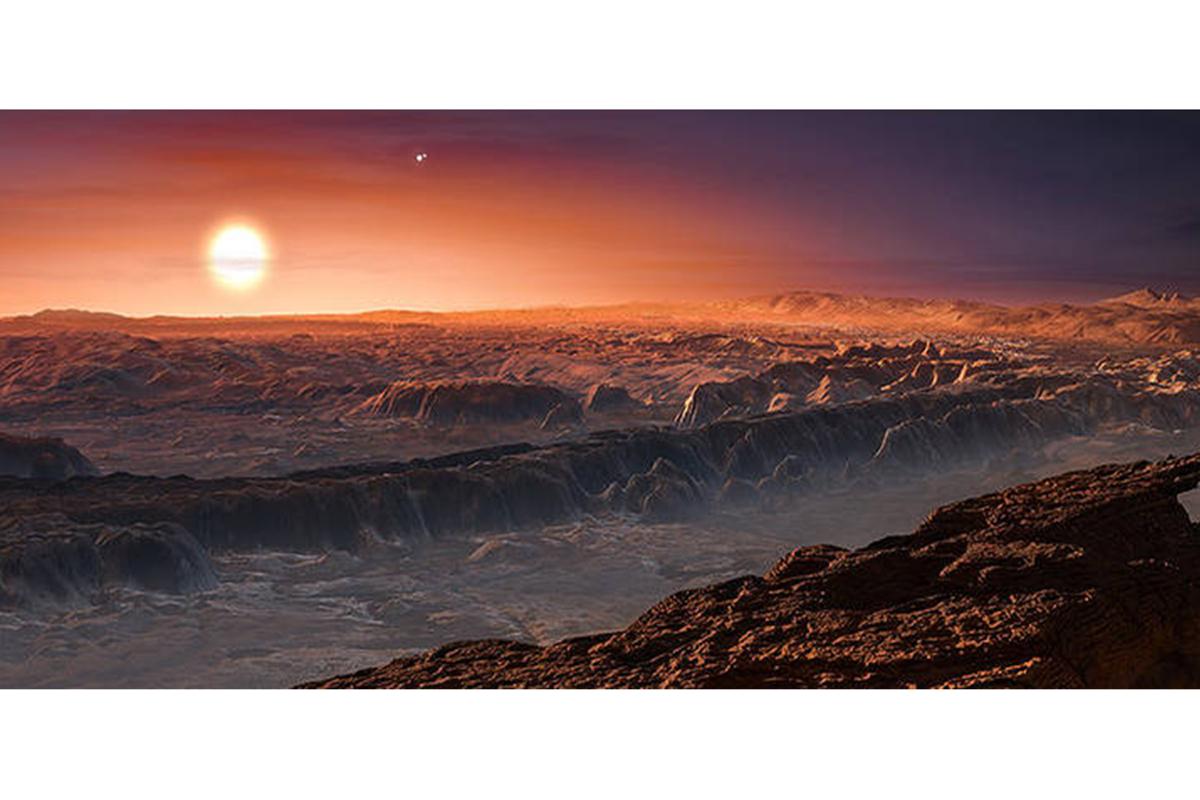

Divya Kumari
Hillsborough High SchoolClass of 2024Hillsborough, New Jersey
About
Projects
- An Examination of Habitability in Exoplanet Systems with mentor Malena (July 8, 2022)
Project Portfolio
An Examination of Habitability in Exoplanet Systems
Started Mar. 8, 2022

Abstract or project description
This paper explores the qualities that make a planet habitable and how these qualities can be combined to produce or prevent a habitable environment for a planet. We consider two planetary systems — TRAPPIST-1 and Kepler-62 — and develop a metric to rank the habitability of their respective planets. The host stars of each planetary system are compared to assess the habitability of each planetary system as a whole. Our outline for a habitable planet is one that would be able to sustain liquid water, has reasonable environmental conditions, and has the presence of molecules known to sustain life. Previous research on the topic has determined a range of values for specific categories that would make a planet habitable or allow for liquid water. This includes planet radius, stellar radius, planet density, effective temperature(Teff), and equilibrium temperature(Teq). We use data from the NASA exoplanet archive, as well as various other archives and sources from the literature. After determining the importance and impact that each category has, we will decide upon a ranking of the planets in each system based on habitability. The most habitable planets will be further explored through comparisons with Earth, research on the atmosphere of these planets, etc.